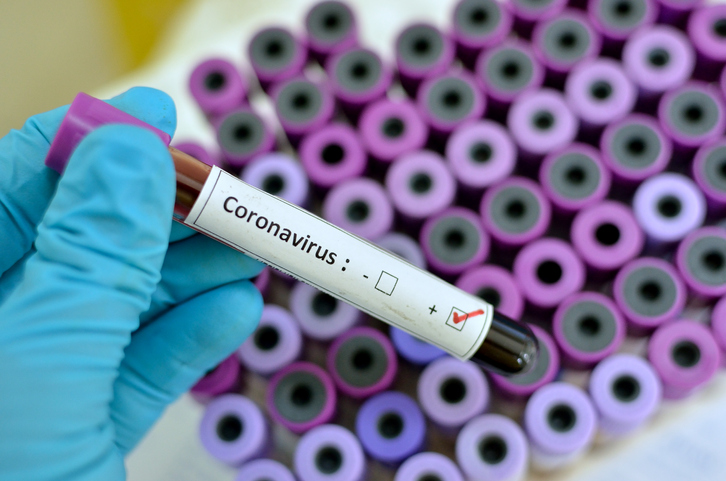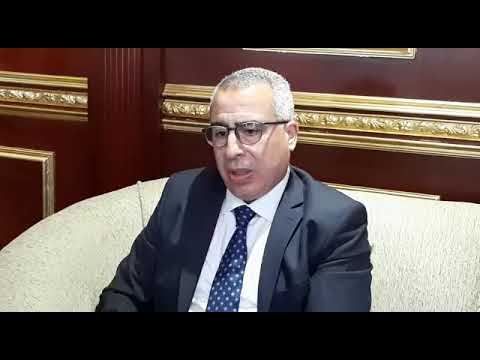
Maghreb Countries are reinforcing preventive measures against the spread of the COVID-19, with Morocco asking its citizens to stay home and to limit their movement to essential errands, Tunisia imposing a curfew nationwide and Algeria banning demonstrations.
In Morocco, one of the first countries in the world to apprehend the scale of coronavirus outbreak and to act through preventive measures to avert its spread, King Mohammed VI is following up closely the evolution of the situation and supervising the actions taken or to be taken accordingly.
The Monarch instructed the government on March 16 to set up a $1 billion special fund to boost health infrastructure and mitigate the economic and social repercussions of coronavirus.
The fund, financed by the general budget of the State up to $1 billion, is open to any contribution by entities, public and private, or physical persons.
The King was among the first to contribute, through the Al Mada holding, more than $200 million to the special fund. Generous contributions followed from different categories of the Moroccan economy and individuals.
Among a set of preventive measures, Morocco shut down whole sectors such as tourism and catering to prevent an outbreak of the virus. It also closed all mosques, synagogues, and many entertainment venues and non-essential shops but kept markets and outlets selling essential goods open. Schools have also been closed and courses shifted online.
While several public administrations and private companies have allowed their staff to work from home, the Interior and Health Ministries have called in a joint statement issued Wednesday on Moroccans to stay home and to limit their movement to essential errands (going to work, to a doctor or shop for food).
As of this March 18, Morocco confirmed 49 COVID-19 cases and two fatalities, an 89-year old woman in Casablanca and a 75-year old man in salé.
Tunisian President Kais Saied Tuesday decreed a nationwide curfew, while Algeria has shut down borders and banned all demonstrations and gathering as part of the reinforcement of measures to combat the spread of the Coronavirus pandemic.
The curfew in Tunisia will start this Wednesday March 18, between 6pm to 6am.
The Tunisian President also urged citizens to reduce their movements and to stay home.
Tunisia had earlier closed its various borders and halted all passengers’ flights and cancelled all events.
The measures come as Tunisia reported 29 confirmed cases and two fatalities.
Authorities have complained the pandemic is becoming alarming because people do not heed the calls for self-quarantine.
In an address to the nation Tuesday, Algerian President confirmed that all commercial flights to and from Algeria are suspended except transportation of goods by air and sea.
The Algerian President who likened the disease to a national security matter also announced the decision to ban demonstrations.
The ban puts an end to weekly protests against the President whose election in December was decried by millions of Algerians.
Hirak, the popular peaceful uprising, has been demanding since February last year, the overhaul of the Algerian regime. The movement has been carried on despite the resignation of former strongman Abdelaziz Bouteflika, and the election of a new president.
Algeria has so far recorded 72 cases and 6 deaths.
In Libya, the UN-recognized Government of National Accord (GNA) on Monday suspended all flights at the Misrata Airport for three weeks as a preventive measure against the coronavirus outbreak.
Although no coronavirus cases have been recorded in Libya, premier Fayez al-Sarraj also ordered the closure of border crossings.
Last week, the North African state banned the entry of foreigners into the country.
Meanwhile, sports events have been cancelled, with wedding halls, educational institutions and smoking cafes to remain closed for the next two weeks at least.
Al-Sarraj also instructed authorities to suspend prayers at mosques, advising individuals to pray at their homes.
The Mauritanian government also announced a response plan against the spread of coronavirus after the confirmation of the first positive case last week. Another case was confirmed since then.



